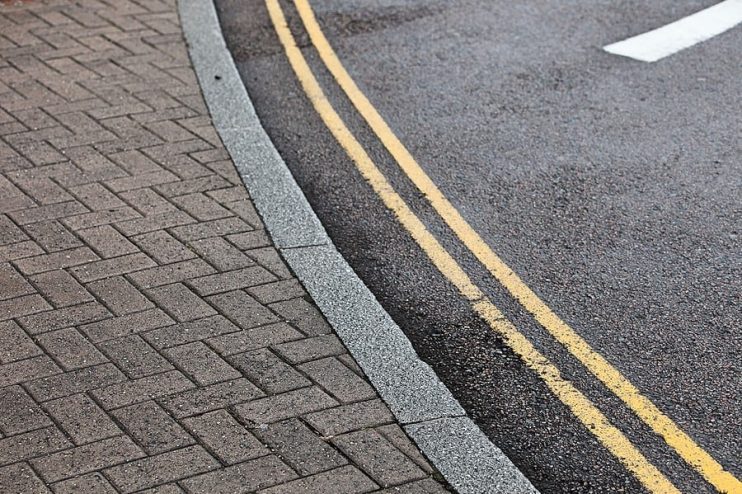
Sometimes you need to park on double yellow lines. Think this is always illegal? Think again. Most of the time you’ll find a ticket slapped on your car by a parking warden, giving you an automatic fine. However, there are some instances where parking on double yellows is actually allowed. Knowing your rights, can help you find a parking space when it’s difficult – or in an emergency – or even prevent you from having to pay a fine. So what is the actual law?
Continue reading
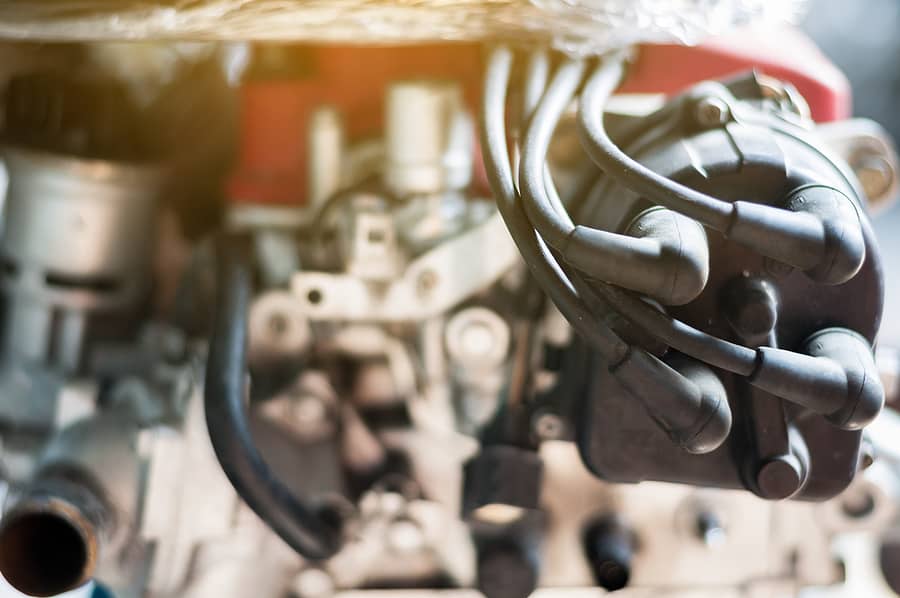
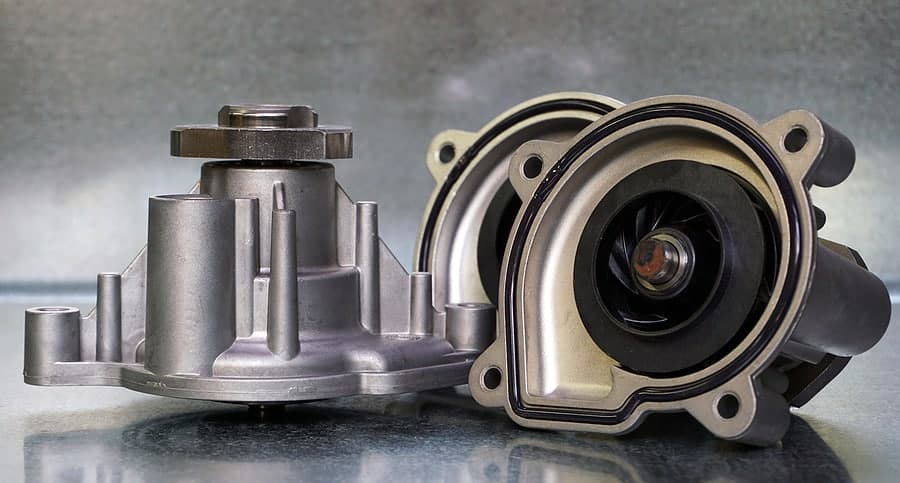



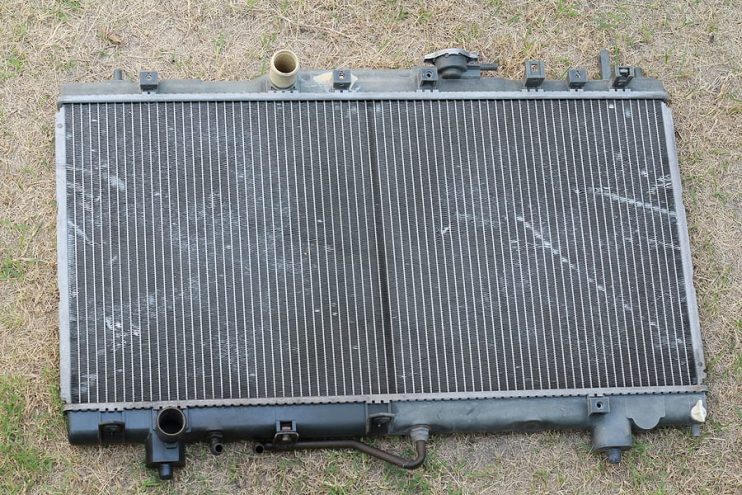

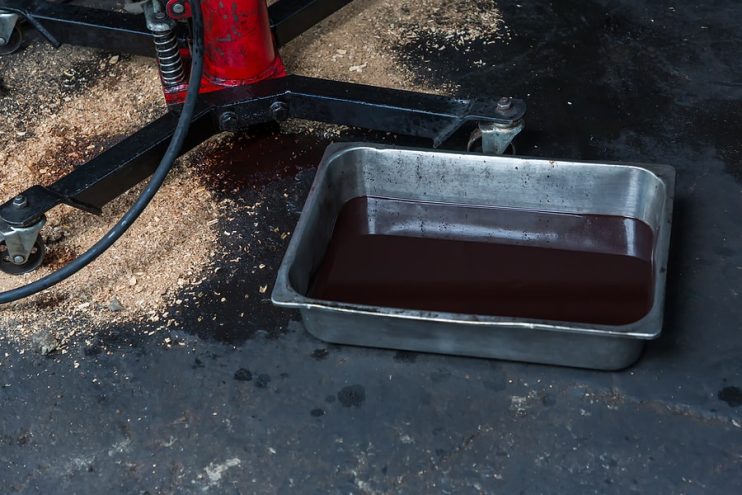
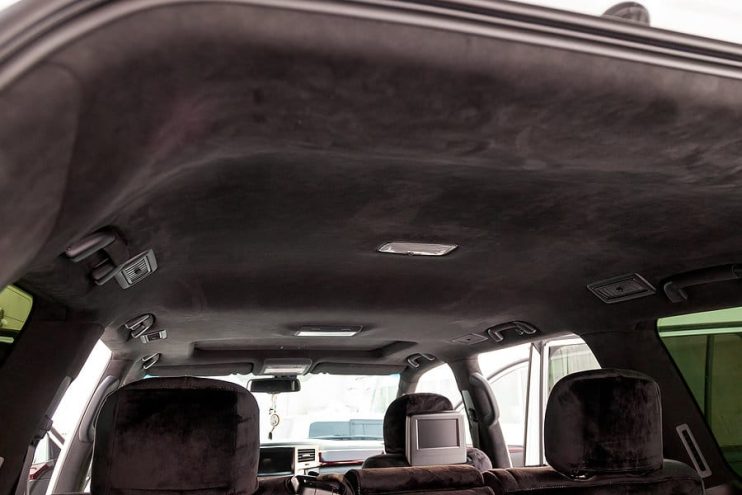
.png)